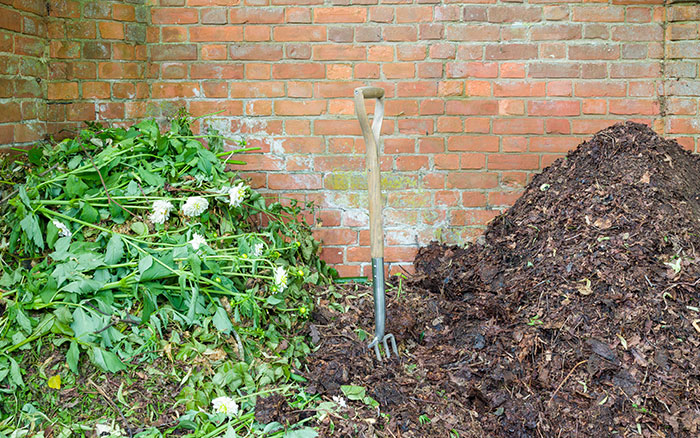Keep the wildlife in your garden happy whilst enjoying the fruits of your labour. Take these steps to ensure they get what they need, so they don’t rely on your crops.
How to make your vegetable garden bird-friendly
By making some simple adjustments, you won’t need to race birds to your corn and berries to harvest the crops. Birds are beneficial in many ways, including eating some annoying garden pests.

Use sudden movement to your advantage to safely deter birds. Hang streamers, plastic bags, and CDs on bamboo or string. The movements of these items can scare them off without harm. Try to move these items every couple of weeks to avoid the birds getting used to them.
Creating spaces for birds to eat and drink in your garden is also beneficial. Bird feeders and bird baths are simple ways to support these creatures. Just make sure you have the suitable food available. Seed mixes are ideal for house sparrows and dunnocks, whilst sunflower seeds are great for finches, robins, blackbirds, and tits. Keep in mind that sunflower seeds should be used in birdfeeders or on bird tables, as they are harmful to hedgehogs.
You can also grow plants and shrubs that have berries enjoyed by birds, such as Sorbus aucuparia (Rowan) and Cotoneaster.
How to deter pests from your vegetable garden
Manually remove slugs and caterpillars from your plants. You can do this using chopsticks, clothes pegs, or even your hands.
Encourage beneficial insects into the garden such as ladybirds by creating bug hotels, or other suitable habitats. Ladybirds in particular are worth encouraging, as they can eat up to 5,000 aphids in a single lifetime. A simple method is just interlocking the scales of pinecones together, to make a ‘house’ shape.
Removing pests from the garden can also be delegated to some of your favourite visitors. Hedgehogs will devour certain garden pests, so it is always a good idea to encourage them into your garden.
Make sure you have a gap at the bottom of your garden fence, an approximate 13 by 13 cm square will do. This will allow hedgehogs to move freely between gardens.
You could also try to get some of your neighbours involved, asking them to do the same to create a hedgehog highway. Then you can create a quiet space in your garden for them to call home. Log piles or hedgehog houses are wonderful to give them somewhere safe to rest.

Encourage beneficial insects into the garden such as ladybirds by creating bug hotels, or other suitable habitats. Ladybirds in particular are worth encouraging, as they can eat up to 5,000 aphids in a single lifetime. A simple method is just interlocking the scales of pinecones together, to make a ‘house’ shape.
How to encourage pollinators into your vegetable garden
Encouraging pollinators such as bees and butterflies into your garden is essential, particularly as the weather warms. Their important tasks impact the growth of your crops, such as cucumbers, pumpkins, berries and more. Not only are they good for the garden, but they also have sensory benefits, their buzzing and fluttering sounds.

Plants would not be able to produce fruit and vegetables without bees and butterflies carrying pollen from plant to plant. Bees and butterflies are extremely important, pollinating more than 1,200 crops.
Having flowering plants beside your precious crops will encourage more of these pollinators to visit your garden throughout the year. Plants that flower in spring and summer such as Lavandula (Lavender) and Verbena bonariensis are firm favourites. Plus, they look wonderful too.
Try to select some winter-flowering plants too for winter pollinators, such as Mahonia japonica (Japanese mahonia) and Lonicera fragrantissima (winter-flowering honeysuckle).
How to cultivate your vegetable garden's soil
Ensuring the soil you grow your crops in is in good condition and healthy is also important. Dig in compost from your compost heap and leaf mould, as this organic matter is a great fertiliser. Using these in your garden is also wildlife-friendly.
Healthier plants grown using organically rich soil are also less susceptible to diseases and pest damage.

Offer sustenance with other foliage, flowers, and fruits to distract birds, bees, and slugs from your prized plants. Taking steps to deter wildlife from areas of the garden can be done whilst considering how to be kind too.

Leave A Comment